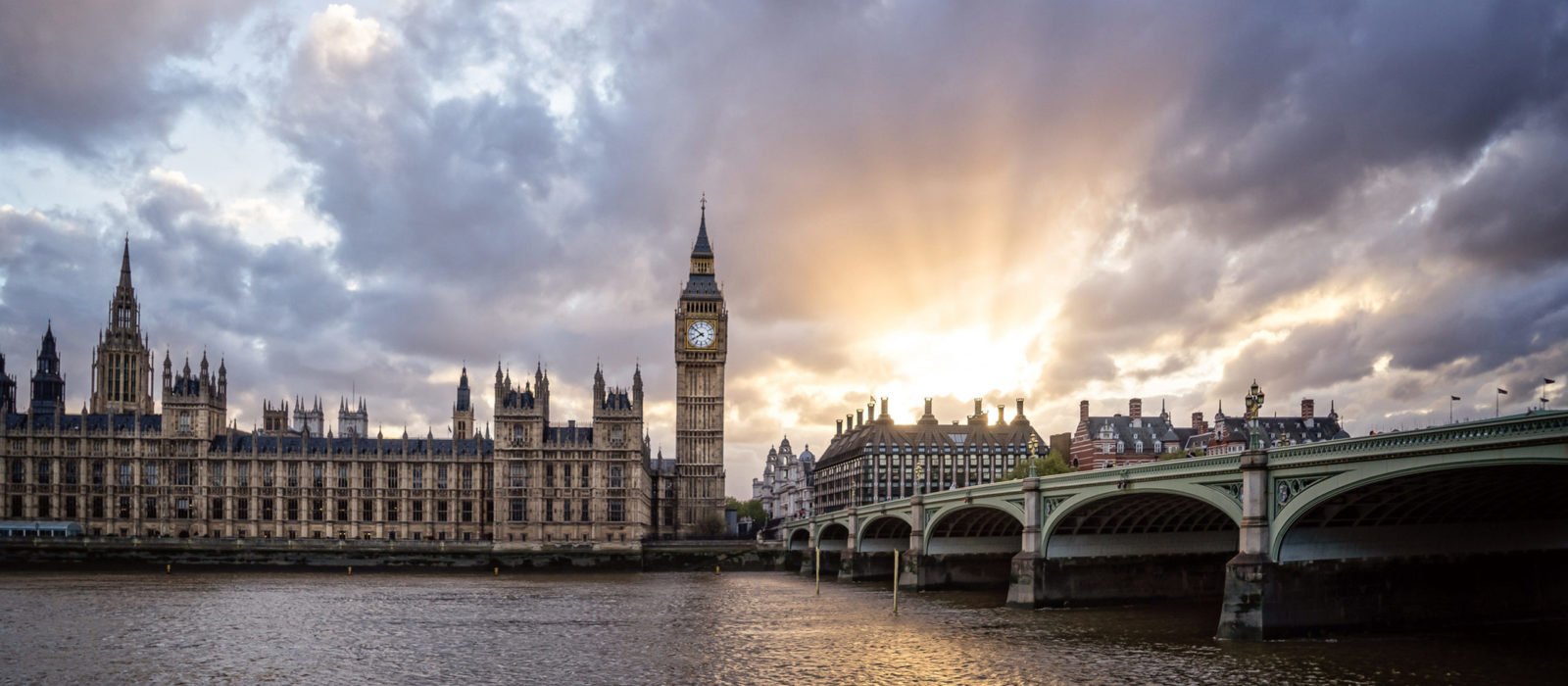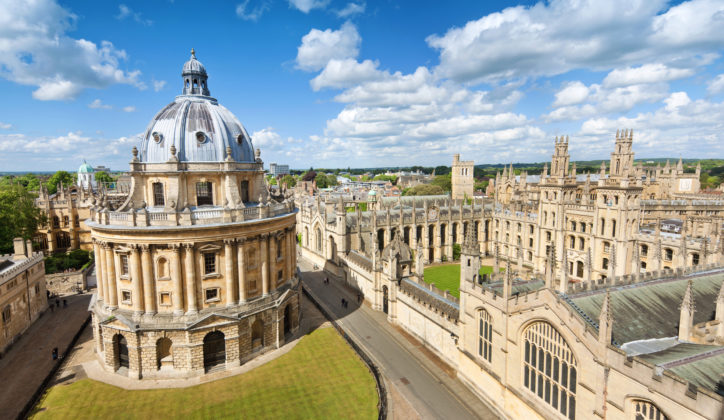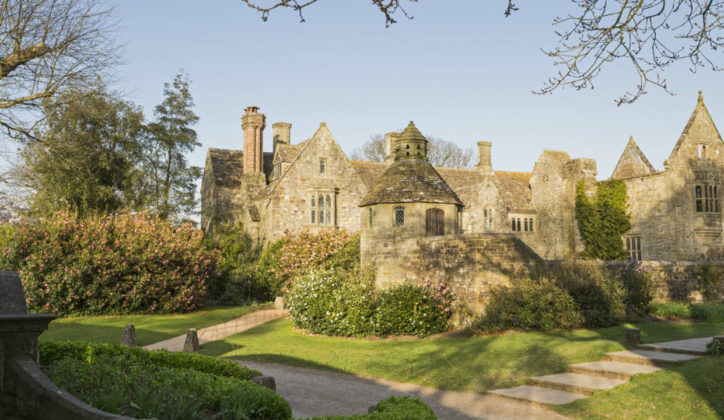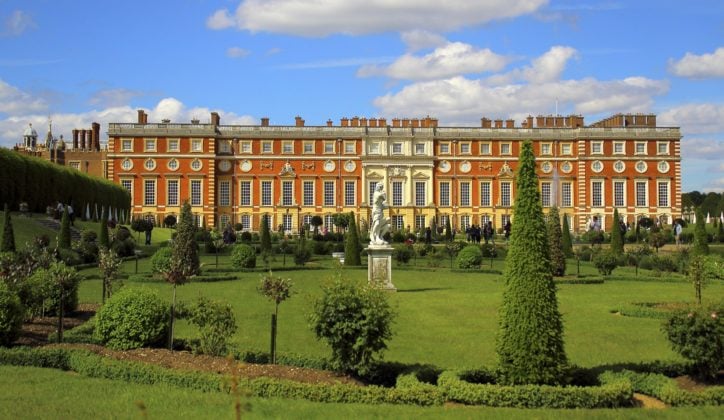Published on: May 18th, 2018
Last modified: June 21st, 2018
Inventors of champagne and stamps, lovers of golf and the equals sign, it's fair to say that the United Kingdom is one quirky place. In celebration of all things British thanks to this weekend's upcoming royal wedding, we have rounded up 10 things you might not know about this combination of nations.
1. Inventors of champagne
Controversially, in 1662, the British physicist and naturalist Christopher Merret was the first person to document the deliberate addition of sugar to wine, essentially creating the fizz we love today. Dom Perignon is commonly considered the first person to invent champagne, later in 1697. Either way, they both stumbled on a delicious
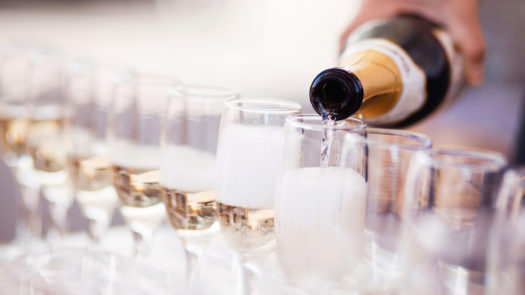
2. Largest library in the world
Although a small island, it is England that houses the world’s largest library with over 174 million books. The British Library in London’s King’s Cross area is a Grade 1 listed building thanks to its interesting architecture and unique collection. Among the fantastic selection is the world’s earliest printed book, the Diamond Sutra, dating from the Tanf dynasty in 868; two 1215 copies of the Magna Carta; and one of Leonardo da Vinci’s notebooks.
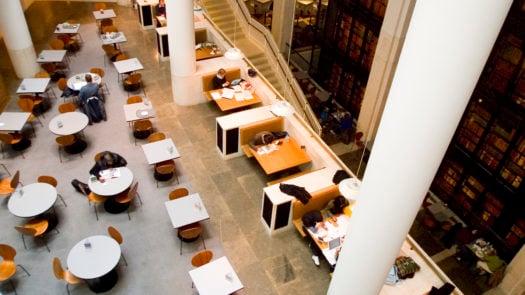
3. Users of stamps
The United Kingdom was the first country to use postage stamps. Issued in May 1840, the first stamp was known as the Penny Black and featured the then-monarch, Queen Victoria. England is now the only country in the world that doesn’t have its name on its stamps, probably due to its history, and putting a postage stamp with the Queen’s image upside-down is considered an act of treason. Something you might want to give a miss next time you’re sending a postcard!
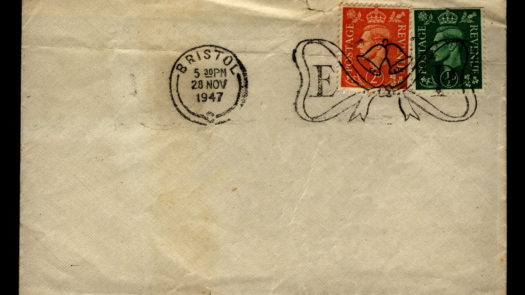
4. A nod to the Royal Wedding
Of course we had to include a fact relating to the Royals! Windsor Castle where Prince Harry and Meghan Merkle are due to marry today was built in 1080, making it the oldest royal residence in Britain. It also happens to be the largest royal home in the world.
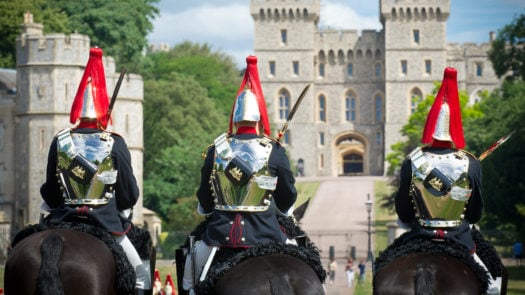
5. The equals sign
What is the United Kingdom without Wales? There have been many great scientists hailing from the land of hills. One of them is renowned Welsh mathematician Robert Recorde, from Pembrokeshire, who invented the “equal to” sign in his final mathematical text of 1557. If that wasn’t enough, he was also the first person to use the ‘plus’ and ‘minus’ sign (previously invented by a German mathematician) both of which are still in use today.
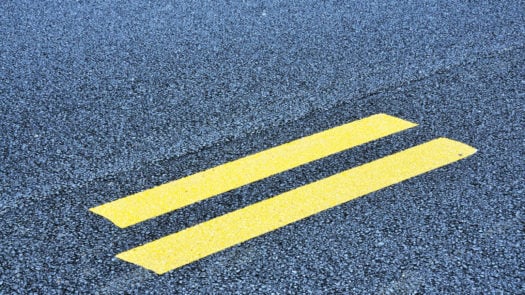
6. Overconsumption of gin
It’s no secret that the Brits love a drink (or three), but who would have thought laws had to be introduced to put a curb on it? Popularised by William of Orange in 1688 and providing an affordable alternative to brandy, gin became the go-to spirit with numerous distilleries opening around the country. By the early 1700s, this fragrant juniper drink had become so over-consumed, particularly by the poor, that it reached epidemic proportions. During this era, known as the Gin Craze, Parliament passed five Acts, in 1729, 1736, 1743, 1747 and 1751, designed to control the consumption of gin.
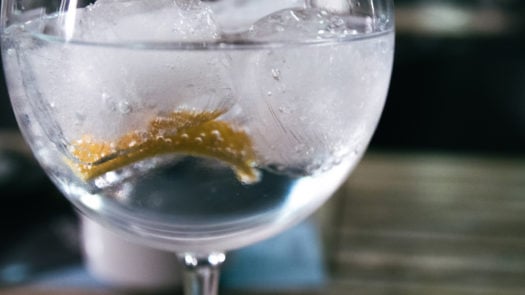
7. Largest lake
Surprisingly, it is Northern Ireland, not Scotland or the Lake District, that houses the largest lake in Europe. At 151 square miles and 800 billion gallons, Lough Neagh supplies 40% of Northern Ireland’s water supply. This beautiful lake is a protected area thanks to the wonderful array of wildlife and flora inhabiting the surrounds. Ancient Irish legend also says that an underwater city occupies Lough Neagh…
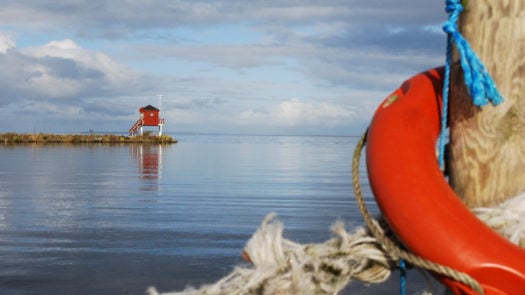
8. Bog snorkelling
Yes, that’s right… bog snorkelling. A sport undertaken in parts of Wales and Ireland, this event started out as a way to increase tourism to Waen Rhydd Bog, near Llanwrtyd Wells -Britain’s smallest tow. Now, it is a highly anticipated international event open to anyone aged over 14. The aim is to swim any stroke through the 60 foot channel but with your head fully submerged while wearing full snorkelling gear. Ready for the challenge?
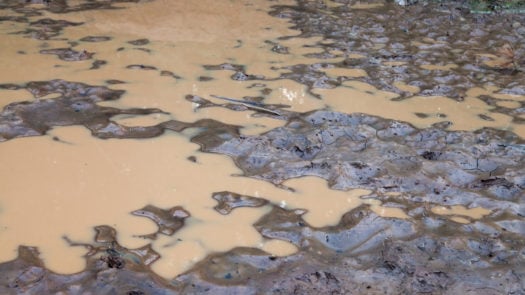
9. Capital city
Believe it or not, London hasn’t always been England’s capital city. Steeped in history and dating back to 150BC, Winchester in the county of Hampshire was one of the first places for settlers in the UK. In 871, Alfred the Great established Winchester as the capital where it remained until the battle of Hastings. Following the defeat and a loss of wealth to the area, London then became the new main city.
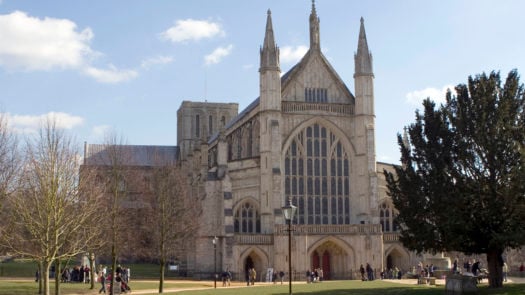
10. Viking traditions
Up Helly Aa harks from an ancient Viking tradition and takes place on the island of Shetland in Scotland on the last Tuesday of January every year. Celebrating fire and the region’s rich heritage, this event is a great excuse for a wild party, often lasting 24 hours or more. Around 1000 participants dress in Viking costume and partake in a torchlight parade which culminates in the burning of a wooden long boat thrown into the sea. A wonderful spectacle to witness, this event really does celebrate the best of Scottish history.
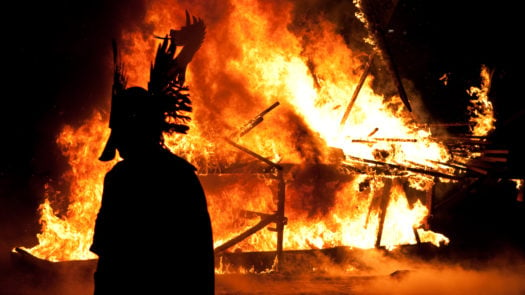
Ready to explore the United Kingdom's quirky side? Get in touch with one of our travel designers today who can help create your perfect trip.
